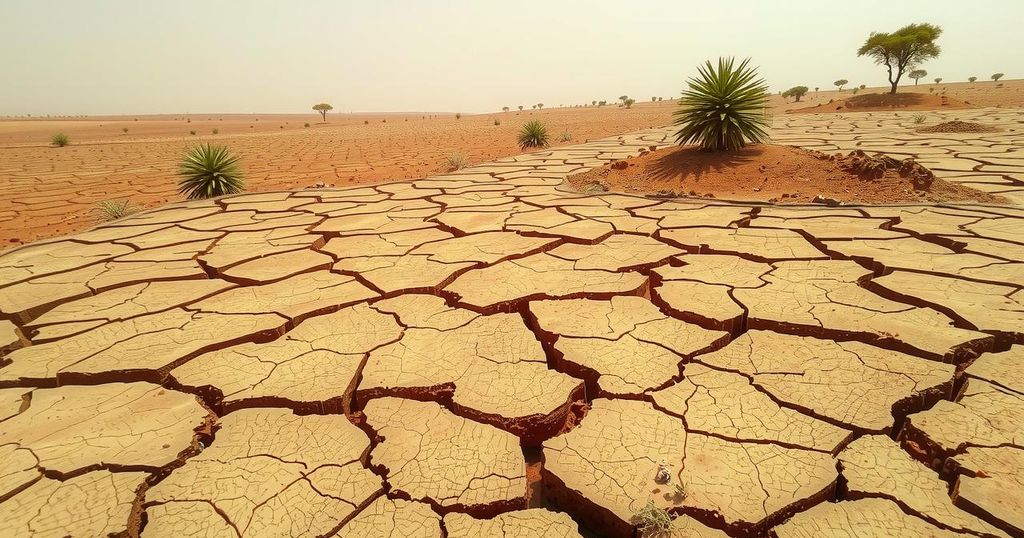Water Scarcity in Nigeria: Funding Neglect and Its Consequences

The coalition of water justice groups attributes Nigeria’s persistent water shortages to poor funding, urging government action. Their report analyzes the water situation across six states, emphasizing governmental neglect and the need for accountability to provide citizens with clean and affordable water.
A coalition of water justice organizations has attributed the persistent water shortages in Nigeria to inadequate funding. Their report, released prior to World Water Day 2025, urges government officials to address the financial neglect of water utilities within the country. The document, titled “Dry Taps: A Damning Verdict on the State of Water Utilities in Nigeria,” summarizes findings from various states including Enugu, Lagos, Oyo, Kogi, Edo, and Kano.
The investigation was carried out by seven groups, including the New Life Community Care Initiative (NELCCI) and the Amalgamated Union of Public Corporations Civil Service Technical and Recreational Service Employees (AUPCTRE). They analyzed the ongoing water crisis in Nigeria, highlighting key reasons behind the stagnation. Florence Ifeanyi-Aneke, Executive Director of NELCCI, emphasized the necessity of accountability among state governments to ensure citizens have access to safe, affordable water sources.
Philip Jakpor, Executive Director of the Renevlyn Development Initiative (RDI), stressed that the responsibility for the dire state of water services lays squarely with governmental neglect. The public presentation by AUPCTRE General Secretary, Comrade Sikiru Waheed, indicated that although the study included only a fraction of Nigeria’s states, it reflects a broader picture of the nation’s challenges related to water accessibility.
The report provided insights from major cities across Nigeria, stating that 70% of the population, mainly in rural areas, depend on unreliable water sources. In Enugu, the report noted that while substantial funds had been allocated for water infrastructure by the previous administration, there have been minimal results. Current efforts by the administration to establish new pipelines have yet to provide relief, leaving many citizens reliant on costly boreholes and implying health risks due to water quality uncertainties.
In conclusion, the coalition of water justice groups has identified inadequate funding as the primary reason for the ongoing water crises in Nigeria. They assert that government neglect has exacerbated the situation, particularly affecting rural populations who lack proper access to water. Through their report, they call for urgent action from government officials to ensure the provision of clean and safe water for all citizens, emphasizing their responsibility in this vital area.
Original Source: dailypost.ng






